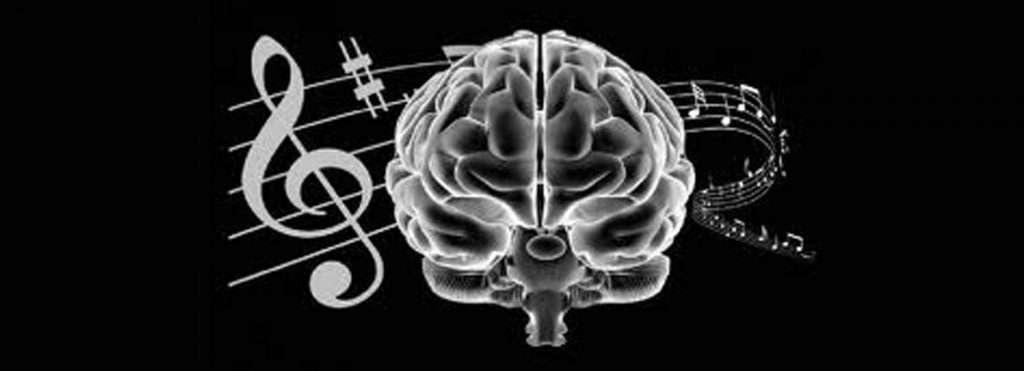Music touches us all deeply, in ways that range from the obvious to the inexplicable. It can make us feel happy, sad, reflective, anxious, excited, or relaxed. Whatever this feeling is, it is all based on our emotions. And such emotions are something we can observe right away.
What you may not know, though is that music has such a significant impact on your mood, your memory, performance, and wellbeing. It has so much to offer to us. But here’s also other effects of music that will amaze you.
- Enhances our performance
Although such noises are stressors to your brain, listening to music that you love will most likely boost your mood. Thus, keeping the brain in a more relaxed state that is open to learning new ideas and greater sight.
Teresa Lesiuk, an assistant professor in the music therapy program at the University of Miami, does research mainly on the effect of music listening on work performance. According to her research published in 2005, those who listened to music completed their tasks more quickly and had better ideas overall than those who didn’t.

This study was supported when in 2007, researchers from Psychology of Music published their work showing that music in-between tasks could boost student academic performance and the ability to concentrate on a task for a long period of time. Based on these studies then, music can have a positive effect in your work, but its effect on productivity depends on the situation and type of music.
- Serves as Therapy for People with Special Needs
There are several significant studies that have suggested music can be useful for one’s health. They have shown that listening to music can help heal both physical and mental conditions. If you’re unaware of the amazing improvement that both music therapy and music education can have on the lives of children with special needs, here’s what you need to know! By giving these children a powerful tool that can build their communications, motor, and social skills, music training provides an effective way for them to understand themselves, other people, and the world around them.
Using specific music for special needs children offers an effective way to develop verbal skills. This will cause them to communicate and interact with others and also gives children a healthy, positive outlet for their feelings. For their motor skills, percussive instruments are particularly effective in changing the lives of special needs students. This is beneficial for students who have sight limitations, allowing them to explore physical perceptions and creative experimentation, while simultaneously strengthening their coordination.
Moreover, music also plays an important role to help individuals with severe brain injuries recall personal memories and improves different skills in children with ADHD (Attention Deficit Hyperactivity Disorder). Michael Tozzoli, psychotherapist and CEO at West Bergen Mental Healthcare stated that treatments including music therapy can help clients with ADHD, autism, and the chronically mentally ill. With it, they are able to express themselves in non-verbal ways that are important.
Conclusion
It’s really wonderful how with just a few notes, music holds so much power! It affects each one of us greatly and has always existed to make our lives even better. If all of these are already mind-blowing, I wonder what researchers will discover by the next few years.
